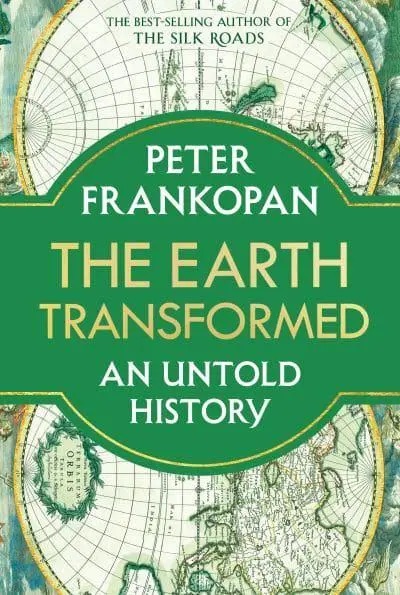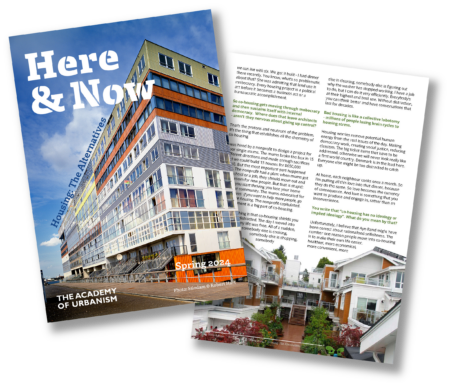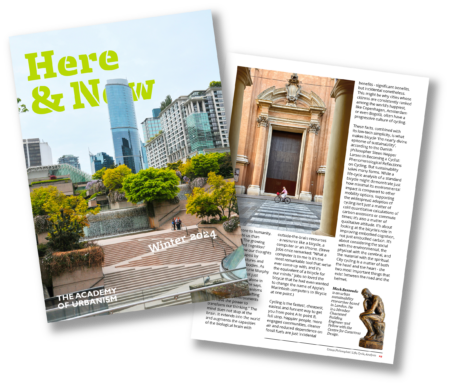Bloomsbury Publishing 2023, 695 pages, £30 hard cover
Reviewed by Nicholas Falk
This weighty and fundamentally depressing book deals with the impact of climate on history from the dawn of time to the present day. It provides an extremely well-referenced review of the challenges the world faces as a result of global warming. The author, who is Professor of Global History at Oxford University, manages to make an extremely complex story readable, though the book is far too heavy to carry around. Indeed there are another 200 pages of notes on the publisher’s website, so that the book provides an affordable and highly accessible picture of how man has colonised the planet, creating towns and cities in the process. It was very well reviewed in both the Guardian and the Observer.
Peter Frankopan’s breadth of scholarship is truly amazing, and the book could be read simply to get an understanding of how cities came to grow, and why countries like India, Russia or China are in the state they are in. The general proposition is undeniable, that climate has changed hugely over the centuries, with periods of warming and cooling that have boosted agricultural production and caused empires to rise and fall. I had not realised, for example, that the Turks failed to conquer Vienna at the end of the 15rh century because their cannon had got stuck in the mud due to exceptional downpours, thus saving the West from being taken over by Islam.
Peter Frankopan asserts early on that ‘We live in a world teetering on the edge of disaster because of climate change.’ The awful prospect of a switch in AWOC, the oddly named Atlantic Meridional Overturning Circulation, which keeps our weather broadly in balance, could make our efforts to get to Net Zero seem pointless. Remnants of ancient civilisations such as the Aztecs in Central Mexico or the ruin left by the Roman Empire should remind us how transient societies can be, especially when they get over-stretched and fail to face up to environmental and political challenges.
Though he describes technologies for producing rain, for example, the danger of unintended consequences is clear, as the story of Mao Tse Tungs’s campaign to eliminate sparrows under the Great Leap Forward who had kept insects in check should remind us. The countless deaths through wars or famine that Frankopan records are easily ignored, and the sheer numbers currently at risk through global over-heating are possibly too frightening for politicians to contemplate. Small wonder that a survey of 10,000 children across ten countries discovered more than half felt angry and powerless, and 75% found thinking about the future frightening. The fact that economic output has quadrupled over the last three decades or that needs to be coupled with the impacts on both the environment and social wellbeing. One of the final chapters is entitled On the edge of ecological limits (1990-today) and he reports that China’s urban population rose from 18% to almost 60% in forty years, a trend which may be repeated in countries like India.
So what can urbanists do to counter the general mood of despondency, and the failure of most British politicians to do more than talk. A book I am close to completing on Cities As Solutions, contains some 50 case studies of successful urban transformation, many of them from places assessed by the AoU or written up in my blog Postcards from the future. They show how cities can change direction by making the most of what I call Switchpoints, and their Common Wealth. This follows up the book I helped Sir Peter Hall produce Good Cities Better Lives: How Europe Discovered the Lost Art of Urbanism. Change is possible so long as land ownership is not allowed to enable inequalities to intensify. While we all need to appreciate the findings from climate science and historical trends, it would help if designers could learn to value the importance of small scale projects that rebuild confidence in the power of people acting collectively. It is vital that land and tax reform is on the agenda at the next election.
So it may be helpful to repeat a conclusion from an excellent book on Why the Allies Won by the military historian, Richard Overy, which concludes that success was not due to resources or ideology but basically stemmed from collaboration between the USA, the UK and of course the Soviet Union, which he sums up as ‘the balance of resources, combat effectiveness, leadership and strategic judgement, the mobilisation of the home front, and last, but not least, the moral contrasts between the two warring camps’.
Surely it is time to use urban development and ‘levelling up’ as part of war to counter the forces of climate change, starting by mobilising the ‘home front’ on the issues that concern people most, which may include making housing truly affordable, cutting congestion, and bringing out High Streets back to life.






